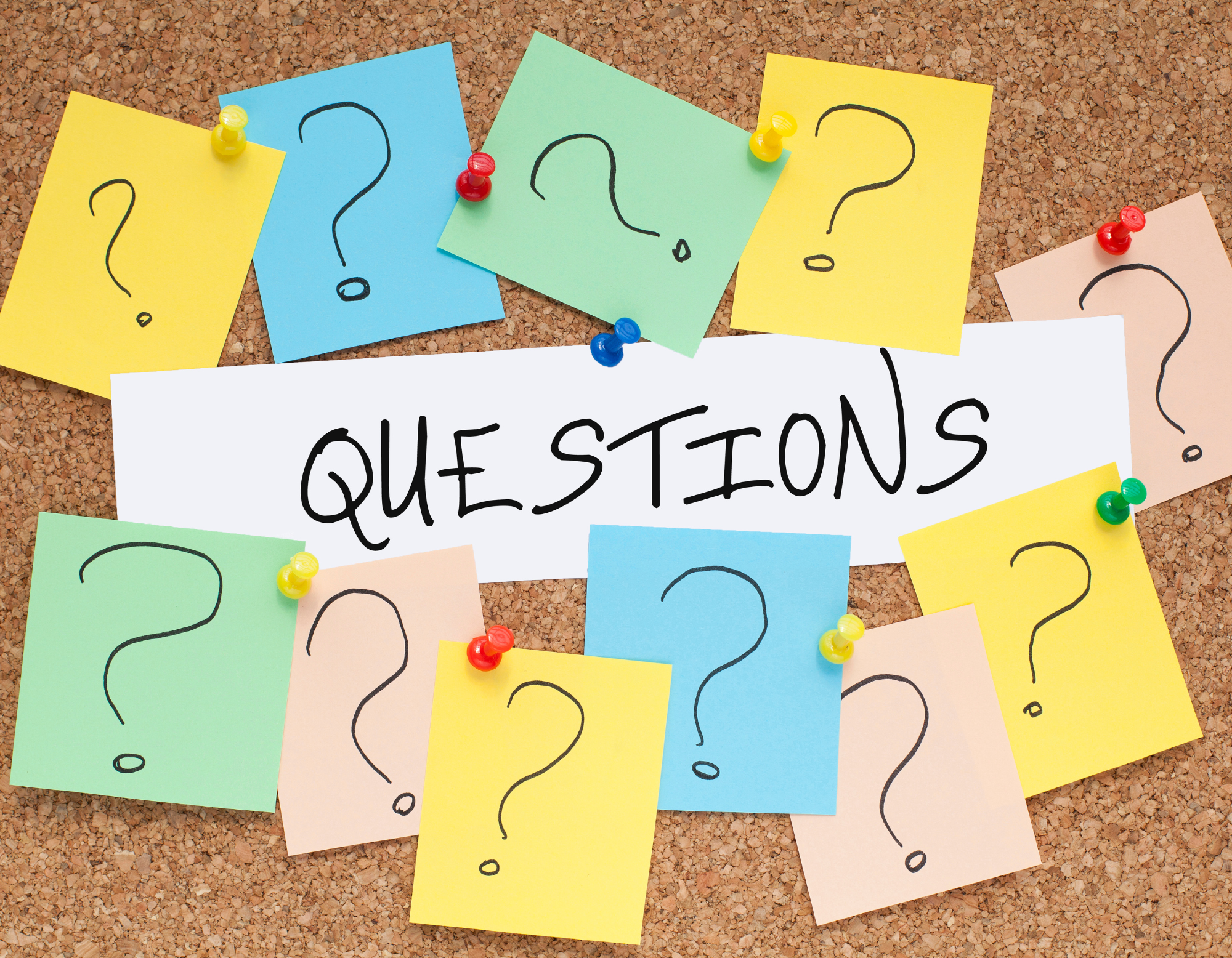Part One of our two-part series on Practice Questions covers why to use practice questions, when should you start using practice questions, and what is an efficient way of using practice questions.
Why use practice questions?
- Professors tell us that, in STEM courses, practice questions are one of the most effective strategies to learn the material.
- Practice questions can help us in two ways.
- One, they can show us if we understand the material from lectures.
- Two, they can help us identify any gaps we may have. If you consistently get practice problems wrong in a particular topic that you feel you understand, this is an indication that you may need to return to the material. Conversely, if you consistently get practice problems right this shows that you have a solid understanding of the material.
- The best way to prepare for a test where you will be asked to solve or answer questions is to practice what will be given in the exam. You wouldn’t train for a marathon by just walking a few times before it.
When should I start practicing questions?
- You should start to practice questions as early as possible. Starting to practice questions after lectures can give you a sense of what you need to study next.
- You should do practice questions as many times as possible before an exam.
What is an efficient way of using practice questions?
- Start with an equal number of questions per topic so you can gauge where your gaps are. Don’t worry about how much time you spend on each question but do set an amount of study time you will be spending studying overall. I recommend an hour to two hours per lecture as a good rule of thumb.
- As you work on questions keep track of your confidence. If you notice that you are confident about a topic but are not getting the expected results, maybe you are making small mistakes and just need to pay closer attention, or you may be overestimating your understanding and may need to revisit that topic. If you find the opposite, try to assess what is happening. Are you guessing and being lucky or are you understanding the topic and underestimating your ability?
- Avoid looking for the right answer immediately instead try to get to the answer by retrieving prior knowledge.
- Once you identify your gaps go back to those topics and revise them again (we’ll discuss this further in part two).
- Now that you know where your gaps are, try adjusting the number of questions. Do more questions on the topics that you did not do well on in the first round. This doesn’t mean avoiding questions on the other topics. You are just shifting your efforts where they are most needed.
Try to do a couple of practice exams before the real thing. I recommend you do one a week before the exam and one a couple of days before. This will help you get a feel of not only how you are doing with the material but also how to tackle questions in an exam format. You can visit the Penn Libraries’ Guide on Practice Problems in Math and Science for a quick tutorial on how to use practice exams.
Written by Oscar Escudero, STEM Learning Specialist, Weingarten Center

